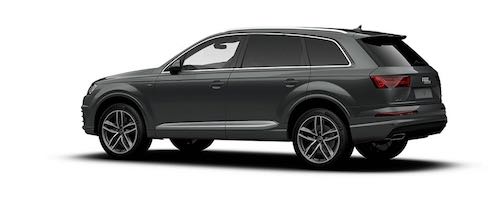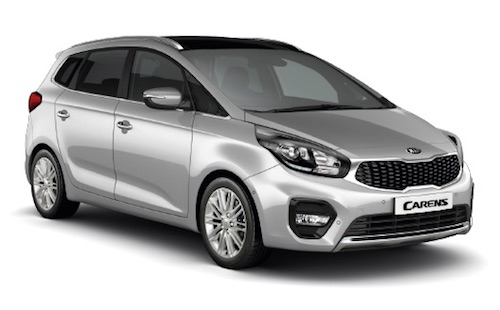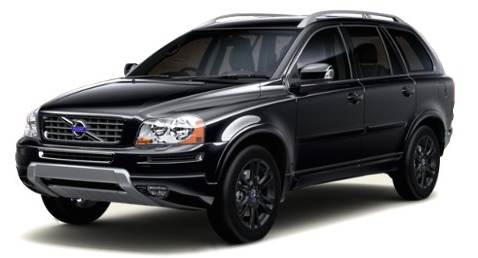Look after the MPV
Whether you have an SUV or a people carrier, the same amount of care is needed in order to keep it running sweetly for many years to come. If you're an avid buyer of new cars and sell them after a year or two to exchange for a new model, then looking after your 7-Seater is even more important to ensure you don't lose too much when it comes to selling it on. Despite the rugged looks or sturdy body of an MPV, regular servicing and general maintenance is needed, just as you would with any other type of car.

Audi Q7 (with seven seats) pictured above
People Carries are exposed to Heavy Use
People carriers are generally used around towns and cities, and out on the open roads, therefore they are submitted to regular stop-starts in traffic, which can cause overheating or premature damage to the engine and gearbox, as well as running at constant high speeds on motorways. If it's a seven-seater SUV you have, then it might spend time off-road, on camp sites and on rugged terrain, which makes it even more important to look after it if it's exposed to heavy use.

Kia Carens pictured above.
Check your 7-Seaters Tyre Pressures
One of the most basic and straightforward ways to care for you 7-Seater car is to check the tyre pressures. It's so simple to do and most petrol stations have tyre pressure gauges and generators to fill the tyres up. Your owner's handbook will explain the recommended tyre pressures depending on the load. That's right, if you have all seven seats occupied, you need to adjust the pressures to a higher rate to help absorb the weight. If you put too much in, premature tyre wear can occur and the handling will be very dangerous. Tyre pressures that are too low also can cause accelerated tyre wear, worsen the fuel economy and are just as dangerous. You should check the pressures once a week, and adjust them accordingly for long journeys and heavy loads.

Vauxhall Zafira Tourer pictured above.
Check the Air Filter Regularly
Check the air filter on your people carrier regularly. City driving means lots of air pollution and those dirty particles are sucked into the air intake. The filter is there to stop the muck from destroying your engine, but once the filter is old and clogged up, the engine cannot work as efficiently and your fuel economy will suffer. Again, your owner's handbook will explain where it is and whether it just clips off or needs to have the air filter housing unscrewed to gain access. A garage can blow out the filter using a pressurised air hose, or some are even washable. Check the filter once every 12 months or 12,000 miles.

Volvo XC90 pictured above.
Use Good quality Fuel and Oil
Don't scrimp on the quality of fuel and oil. Oil is the lifeblood of an engine. Cheap or old oil can increase engine wear and affect fuel consumption. Don't forget regular oil changes (with an oil filter change) protect your engine and are far cheaper than an engine rebuild. Similarly, the type of fuel that goes into your tank is important. Yes, it's very expensive and a higher grade of fuel (higher octane) will normally cost 5% more than regular fuel but you should see an increase in fuel economy.

 Audi 7-Seater
Audi 7-Seater BMW 7‐Seaters
BMW 7‐Seaters Chevrolet MPVs
Chevrolet MPVs Chrysler MPVs
Chrysler MPVs Citroen MPVs
Citroen MPVs Fiat 7-Seaters
Fiat 7-Seaters Ford 7-Seaters
Ford 7-Seaters Honda MPVs
Honda MPVs Hyundai MPVs
Hyundai MPVs Jeep 7-Seaters
Jeep 7-Seaters Kia 7-Seaters
Kia 7-Seaters Land Rover
Land Rover Mazda MPVs
Mazda MPVs Mercedes MPVs
Mercedes MPVs Mitsubishi
Mitsubishi Nissan
Nissan  Peugeot
Peugeot  Renault
Renault  SEAT 7‐Seaters
SEAT 7‐Seaters Ssangyong
Ssangyong  Toyota
Toyota  Vauxhall MPVs
Vauxhall MPVs Volkswagen
Volkswagen Volvo MPV
Volvo MPV All Manufacturers
All Manufacturers